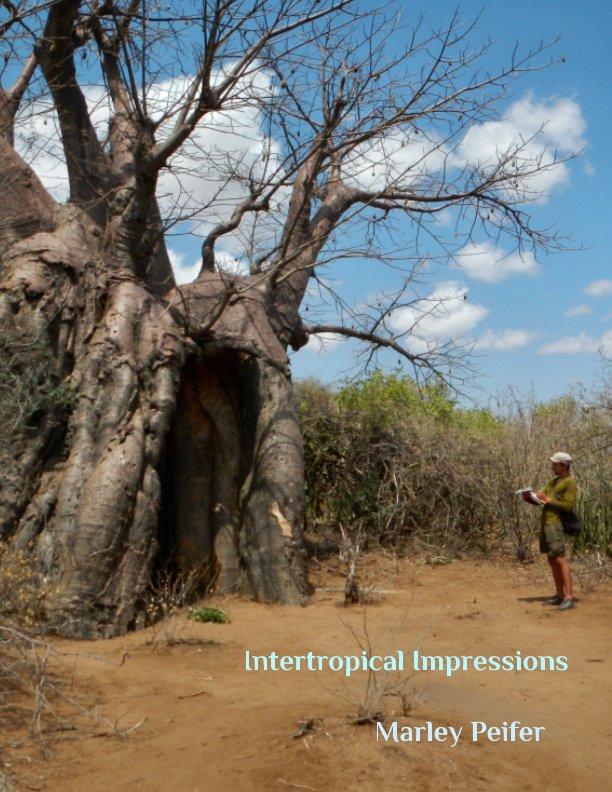Fibers and fruit skins floated on top of the bubbly, purple liquid. It must be vino de uvita by now I thought. My friend Alonso and I strained out enough of the concoction for two glasses full. The drink was very tart but also sweet with an intriguing yet difficult to describe character to it……..It was highly acceptable to my friend and I’s twelve year old palates. We quickly chugged the cups then ran off towards the river to harvest more of the wild palm fruits called uvitas. Luckily, the vino was barely fermented and not high enough in alcohol to get us into much trouble at that age.
My first ferment flourished in the warm kitchen of my dad’s house in Guanacaste, Costa Rica. The acidic purple fruit of the spiny native bunch palm, were the main ingredient. A couple generous scoops of cane sugar, some water, maceration, wild yeasts, and an ample helping of childhood curiosity were all that was needed. Luckily, I didn’t really know the tempting and socially useful taste of alcohol yet, nor did I have a hydrometer, or else things would have been different.
That first fermentation project was fueled by a common childhood fascination with mysterious alchemy, transformation, potions, and magic. I felt like I was doing some kind of chemistry experiment in the cluttered jungle lab of a mad scientist. Another compelling factor was the natural obsession with fruits, juice, sugars, and sours tastes that most children share. I spent most of my days climbing guava and mango trees, patrolling the river for the best fruit. How could I resist the concept of taking some of my beloved fruit and transforming them into a drink that I could enjoy with my friends?
My fermentation fervor would lie dormant for many years as I went through school in the U.S. Perhaps, this dormancy was in part due to my changing concepts about food. At some point in 6th grade I “realized” that it mattered what other people thought of you. I also learned that what other people thought of you was based a lot on what clothes and shoes you wore and what you ate. I soon was convinced that Pop-Tarts, Dr. Pepper, and flaming-hot Cheetos were requisites for being normal and accepted. Despite eating such things at school in the presence of other kids, my true tastes came out at home and when we went out for sushi or Dim Sum brunches. “Pass the chicken feet please!”
With the exception of a few batches of yogurt, a series of kombucha experiments, and some “cheese accidents” most of high school and college passed without much fermentation. I still had not discovered a taste for alcohol and was more focused on baking as an outlet for “transformative food processing.” Gardening and agriculture were my other main ways of relating with my food during this time. And it was gardening and agriculture that would bring me logically back into the fervor of fermentation.
My childhood approach to fermentation could perhaps be likened to that of early hunter gatherer humans. Yet when I returned to fermentation, I came at it with the agroecological perspective of a farmer, the record-keeping of a scientist, and the passion of the newly converted. I had finally tasted artisan beers and home-made honey-wines so I now knew what was possible. The myriad environmental, nutritional, and social benefits of fermentation also presented more than enough reason for me to get excited about it in an intellectual way.
My new-found fermentation passion was focused almost exclusively on alcoholic beverages, primarily ales and meads with unusual ingredients. The approach that I almost immediately adopted was very meticulous and formulaic with a focus on record-keeping. I most certainly brewed outside the box and rarely followed a recipe but I kept careful records and tried to isolate variables as much as possible. Creativity was focused on recipe formulation while a scientific approach was applied everywhere else. The literature and the logic seemed to support such a method. However, in hindsight, I suspect that my strict methodology would eventually be a factor causing me to burn out on brewing.
Lately, my fermentation work has become a more balanced and less obsessive part of my life. No longer do I spend hours meticulously recording the minute details of every batch and how many half peppercorns I added to the secondary. Gone are the days when I spend half my free time cleaning bottles and checking carboy temperatures. But once a fan of fermentation you can never go back to being a “normal” person again.
